anemia
Latest
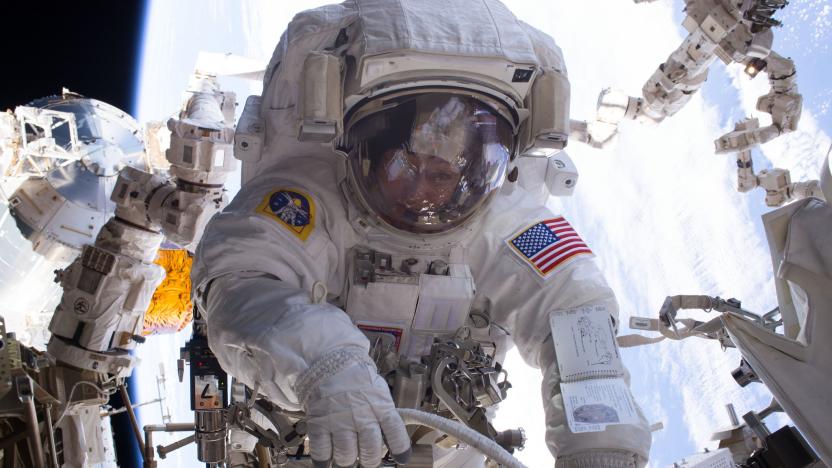
Anemia could make space travel to Mars a challenge, study finds
Anemia is more serious than thought in space and may create challenges with future travel to Mars.
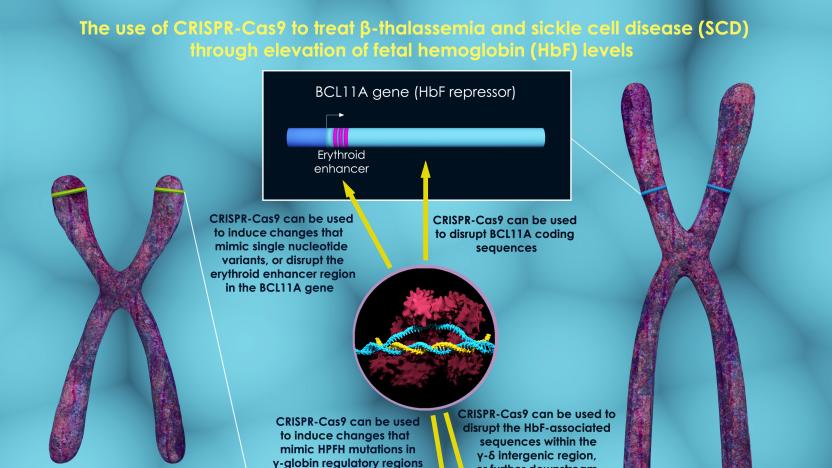
CRISPR gene editing shows promise for sickle cell disease
A breakthrough in CRISPR gene editing for patients with blood diseases shows the promise and problems with the new technology.
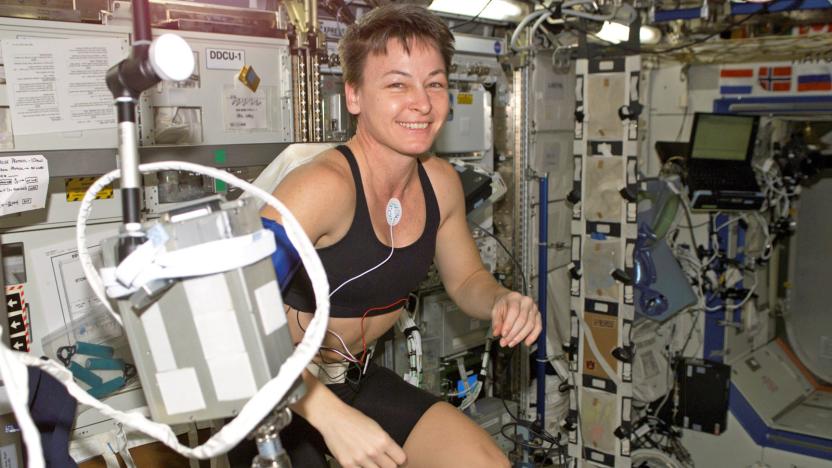
How Peggy Whitson stayed in shape for nine months aboard the ISS
Space is no place for battles of the bulge. That's why NASA insists on getting its astronauts into peak physical condition before sending them offworld. But aboard the ISS, in a living space the size of a football field, the human body will readily go to pot. So how did Peggy Whitson, the longest-orbiting astronaut in American history, manage an astonishing nine and a half months in microgravity without having her body and mind atrophy? She hit the astronaut gym. Yes, of course, there's a gym on the ISS -- just, no lap pool.
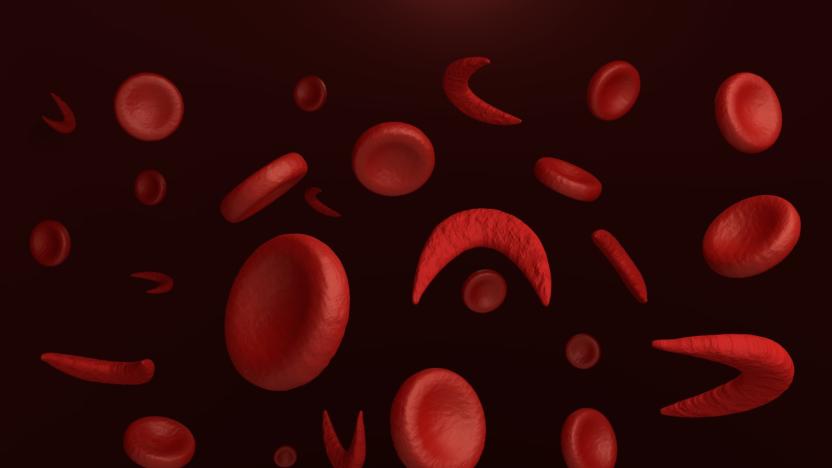
Stanford develops CRISPR-based therapy for sickle cell disease
A team of Stanford scientists are making great progress in their search for a cure for sickle cell disease, and they want to start human trials as soon as 2018. They used CRISPR to fix the mutated gene that causes the illness in human stem cells taken from actual patients. The CRISPR technique gave them a way to carve out the faulty part of the gene and replace it with the normal DNA sequence that was supposed to be there in the first place. That prevents previously affected red blood cells from transforming into tiny sickles that have the tendency to clog blood vessels and cause organ damage.

Gene editing can end disease and fight global famine
We're looking at the single greatest advancement in genetics since Mendelev started growing peas. CRISPR-Cas9 gene-modification technology is powerful enough to cure humanity's worst diseases, yet simple enough to be used by amateur biologists. You thought 3-D printers and the maker movement were going to change the world? Get ready for a new kind of tinkerer -- one that wields gene-snipping scissors.
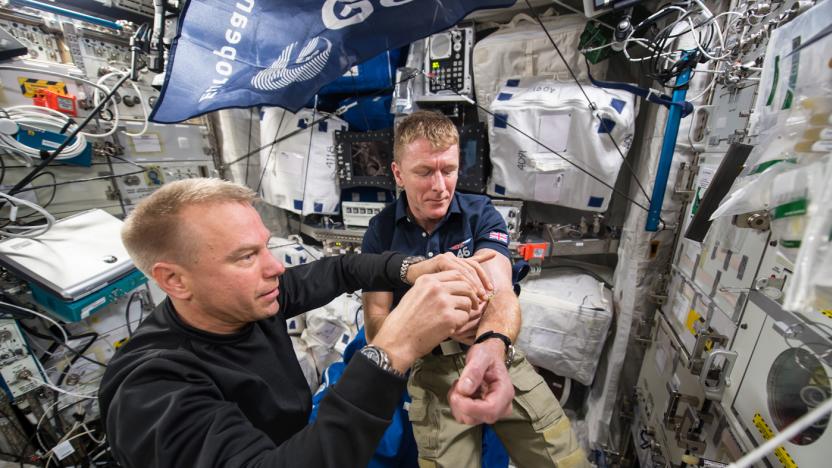
Experiment to determine why astronauts feel weak back on Earth
Astronauts don't have it easy when they come home, and it's not just because of the change in gravity: their red blood cell production drops while they're in space, leaving them weakened on Earth. But why? That's what a Canadian experiment aboard the International Space Station hopes to find out. The research is testing red and white blood cell functions, as well as bone marrow fat levels, to see how they change before, during and after spaceflight. It should not only show how microgravity (and the resulting lack of activity) affects blood cells, but how reversible the effects are. How soon could you go back to normal?



